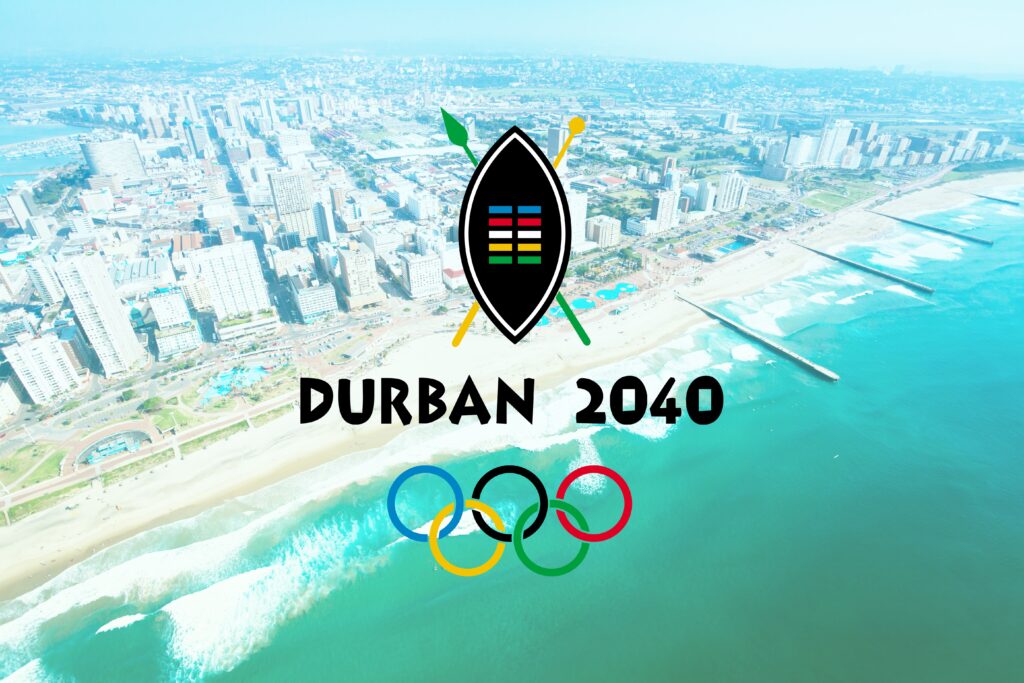Olympics Proposal: A Comprehensive Guide To Hosting The Global Sporting Spectacle
The Olympics Proposal process is one of the most complex and highly competitive endeavors in the world of international sports. Cities and countries vying for the chance to host the Olympic Games invest significant resources, time, and effort into crafting a compelling bid that showcases their readiness, vision, and commitment to delivering an unforgettable experience. In this article, we delve into the intricacies of what makes a successful Olympics Proposal, the challenges faced, and the rewards that come with hosting this prestigious event. This introduction will provide a detailed overview of the key aspects of the proposal process, offering valuable insights for aspiring host cities and enthusiasts alike.
Hosting the Olympics is not merely about building state-of-the-art stadiums or organizing elaborate opening ceremonies. It involves a multifaceted approach that considers infrastructure, sustainability, legacy planning, and community engagement. The Olympics Proposal must articulate a clear vision that aligns with the core values of the International Olympic Committee (IOC) while addressing the unique needs of the host city and its population. This process is as much about showcasing global readiness as it is about demonstrating local pride and cultural heritage.
The competition to host the Olympics is fierce, and each proposal must stand out in a crowded field of contenders. With the world's eyes on the decision, cities must navigate through rigorous evaluations, public scrutiny, and stringent requirements. Understanding the nuances of the Olympics Proposal is essential for any city hoping to secure this once-in-a-lifetime opportunity. As we explore further, you'll gain a deeper appreciation for the complexities and rewards of this monumental endeavor.
Read also:Unlocking The Secrets Of Saweeties Fashion Style Inspiration A Deep Dive Into Her Iconic Looks
What Makes a Winning Olympics Proposal?
Creating a winning Olympics Proposal requires a strategic blend of vision, feasibility, and innovation. The proposal must not only meet the IOC's technical requirements but also resonate with the global audience. Key elements include detailed infrastructure plans, financial projections, and a commitment to sustainability. Additionally, the proposal should highlight how the host city intends to create a lasting legacy that benefits the local community long after the games conclude.
How Does the Olympics Proposal Process Work?
The process of submitting an Olympics Proposal is intricate and involves several stages. It begins with an initial expression of interest, followed by a detailed application phase where cities must submit comprehensive plans. The IOC then conducts evaluations, site visits, and presentations before the final decision is made. This section will break down each stage, offering insights into what cities need to focus on at every step.
Why Is Sustainability Crucial in an Olympics Proposal?
In recent years, sustainability has become a cornerstone of the Olympics Proposal process. Host cities are expected to demonstrate how they will minimize environmental impact, promote green energy, and ensure that facilities are used efficiently post-games. This shift reflects the IOC's commitment to responsible hosting and aligns with global efforts to combat climate change. We'll explore specific strategies cities can adopt to enhance their sustainability credentials.
Who Are the Key Players in the Olympics Proposal?
Behind every successful Olympics Proposal is a team of dedicated professionals, including urban planners, architects, economists, and marketing experts. Understanding the roles and responsibilities of these stakeholders is vital for crafting a cohesive and compelling bid. This section will highlight the importance of collaboration and the diverse expertise required to bring a proposal to life.
Can Smaller Cities Compete in the Olympics Proposal?
While larger metropolitan areas often dominate the headlines, smaller cities can also make a strong case for hosting the Olympics. With innovative approaches to infrastructure and a focus on leveraging existing resources, smaller cities can present cost-effective and sustainable proposals. This section will examine successful examples and provide tips for smaller cities looking to enter the competition.
What Are the Economic Benefits of an Olympics Proposal?
Hosting the Olympics can bring significant economic benefits, from job creation to tourism revenue. However, these gains are not guaranteed and require careful planning. Cities must ensure that their Olympics Proposal includes a robust financial plan that addresses both short-term investments and long-term returns. We'll analyze the economic impact of past games and discuss how cities can maximize their financial gains.
Read also:Remote Manage Iot Device A Comprehensive Guide To Efficient Iot Device Management
How Does the Olympics Proposal Impact Local Communities?
One of the most critical aspects of an Olympics Proposal is its potential impact on local communities. While the games can bring about positive changes, such as improved infrastructure and increased civic pride, they can also pose challenges, such as displacement and rising costs. This section will explore the dual nature of hosting the Olympics and offer strategies for minimizing negative effects while maximizing benefits.
Olympics Proposal: What Are the Long-Term Legacies?
A well-crafted Olympics Proposal should always consider the long-term legacies it aims to leave behind. These legacies can range from improved public transportation systems to enhanced sports facilities and community programs. We'll delve into the importance of legacy planning and highlight examples of cities that have successfully transformed their urban landscapes through hosting the Olympics.
How Can Technology Enhance an Olympics Proposal?
In today's digital age, technology plays a crucial role in enhancing the Olympics Proposal process. From virtual reality presentations to data-driven analytics, cities can leverage cutting-edge tools to make their bids more compelling and innovative. This section will explore the latest technological advancements and how they can be integrated into a successful proposal.
Biography: The IOC and Its Role in the Olympics Proposal
Name: International Olympic Committee (IOC)
Founded: 1894
Headquarters: Lausanne, Switzerland
Mission: To promote Olympism and support the development of sport worldwide.
- Founded by Pierre de Coubertin, the IOC serves as the governing body for the Olympic Games.
- It oversees the selection process for host cities and ensures that the games align with its core values.
- The IOC plays a pivotal role in shaping the future of the Olympics and guiding cities through the proposal process.
What Challenges Do Cities Face in Their Olympics Proposal?
Despite the allure of hosting the Olympics, cities face numerous challenges in their proposals. These include financial constraints, political opposition, and logistical hurdles. This section will address these challenges and provide practical solutions for overcoming them.
Olympics Proposal: Lessons from Past Host Cities
Learning from the successes and failures of past host cities can provide valuable insights for future proposals. By examining case studies from cities like Barcelona, London, and Rio de Janeiro, we can identify best practices and areas for improvement. This section will offer a comprehensive analysis of these lessons and their relevance to modern proposals.
Conclusion: Is Your City Ready for an Olympics Proposal?
Hosting the Olympics is a dream for many cities, but turning that dream into reality requires a well-thought-out and meticulously executed Olympics Proposal. By understanding the intricacies of the process, leveraging technology, and prioritizing sustainability and community engagement, cities can increase their chances of success. As we've explored in this article, the journey to hosting the Olympics is as rewarding as it is challenging, offering a unique opportunity to leave a lasting legacy on the global stage.
Table of Contents
- Introduction
- What Makes a Winning Olympics Proposal?
- How Does the Olympics Proposal Process Work?
- Why Is Sustainability Crucial in an Olympics Proposal?
- Who Are the Key Players in the Olympics Proposal?
- Can Smaller Cities Compete in the Olympics Proposal?
- What Are the Economic Benefits of an Olympics Proposal?
- How Does the Olympics Proposal Impact Local Communities?
- Olympics Proposal: What Are the Long-Term Legacies?
- How Can Technology Enhance an Olympics Proposal?
- Biography: The IOC and Its Role in the Olympics Proposal
- What Challenges Do Cities Face in Their Olympics Proposal?
- Olympics Proposal: Lessons from Past Host Cities
- Conclusion: Is Your City Ready for an Olympics Proposal?
Article Recommendations

